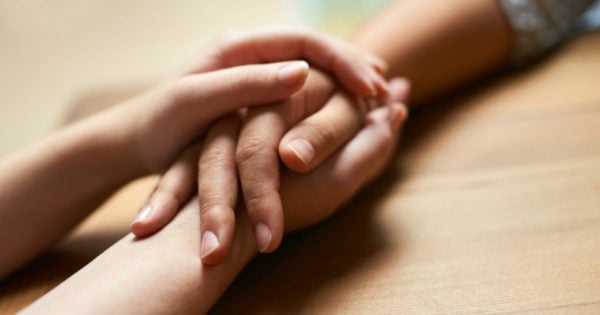While it’s a nice idea to donate to large breast cancer organisations in a patient’s honour, what most patients really need is money.
As you’ve probably gathered by the explosion of pink everything, October is Breast Cancer Awareness Month. And, while many people try to spread awareness with the best of intentions, there isn’t anyone left on this planet who hasn’t heard of breast cancer. Breast cancer patients need many things, but sharing silly Facebook statuses and engaging in other click-it-and-forget-about-it forms of awareness isn’t one of them.
Here are six things that you can do today to ACTUALLY help breast cancer patients.
Tracy on how she has kept Jane’s memory alive for her kids:
1. Host a Community Fundraiser
If you know someone struggling with breast cancer, chances are that you know someone with a pile of medical bills, loss of job income, and increased food and gas costs. Having a chronic illness is expensive and breast cancer is no different.































































































